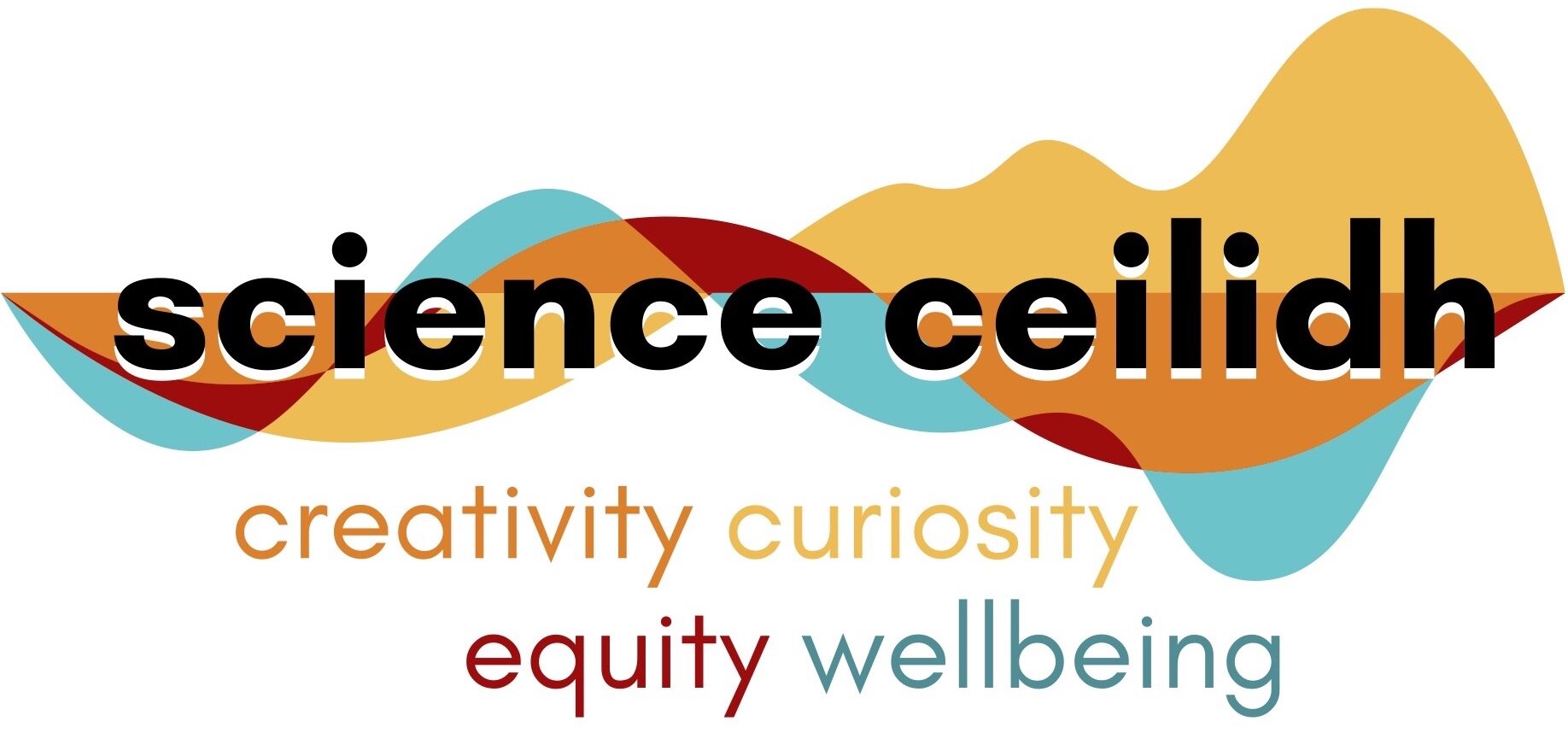As well as exploring what zombies could teach us about neuroscience, we have created dystopian sci-fi worlds to explore climate change, space science and engineering in the immersive-theatre show New Atlantis with LASTheatre.
Sending attendees to a London in 2050 where resources are low and climate is wrecking havoc, the three overriding polito-philosophical systems needed to be voted for: will leaving it all to industry innovation and markets solve it all? Or should control be co-ordinated by a single unified body? Or should the focus be completely on changing people’s consumption and behaviours?
Working with engineers, space scientists and environmental bodies, I was involved as the Scientist Liaison, sharing my experience from Deadinburgh through providing training for involved researchers as well as running a more in-depth evaluation of the audiences to understand the full scope of immersive theatre in engaging new audiences on issues like climate change.
Our key findings based on 309 surveys suggested the piece attracted a significant proportion of audiences who either never or rarely go to science events (40.4% of audiences compared to 6.9% to arts events) and even more new to climate change (76.6%). Both qualitative and qualitative reports suggest that the show succeeded in engaging our audience (50.8% under 30, 60.7% female) in both space science and climate change issues. The self-reported factor which correlated most highly to increasing support for research into conservation & climate change issues was not how much the person enjoyed it, but how thought-provoking they found the show (with only 6.9% of surveyed audiences neutral or disagreeing with this. The most commonly discussed strongest aspect of the show was the opportunity to interact directly with scientists, followed by the science-art and immersive elements of the show, confirming the strengths of the format. (See the full report here)
Are there any actions you might take based on the show? (Top 100 wordcloud)





